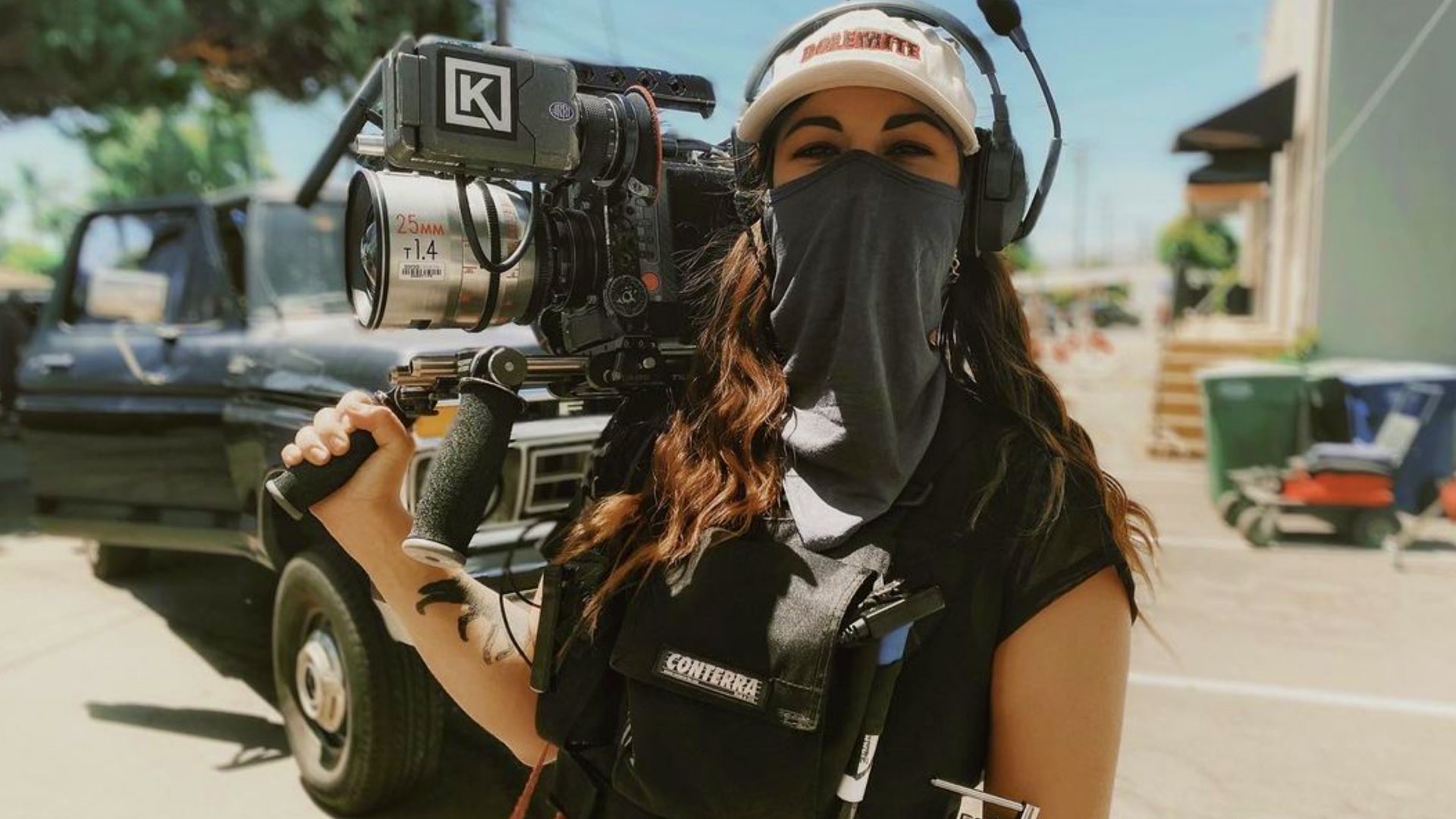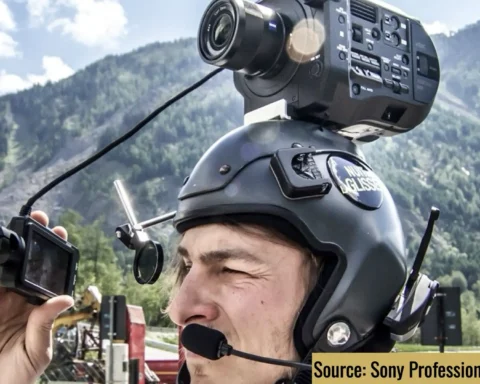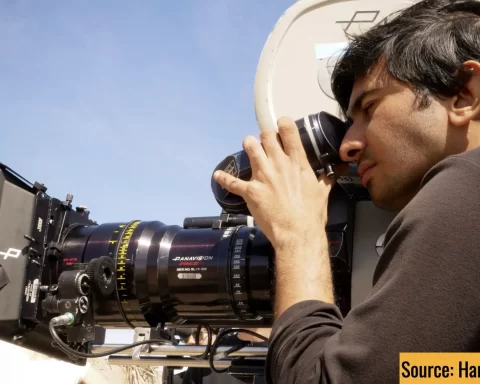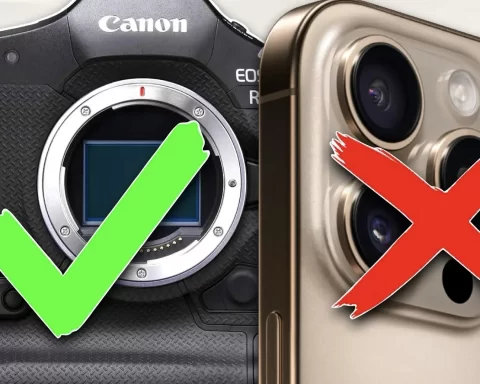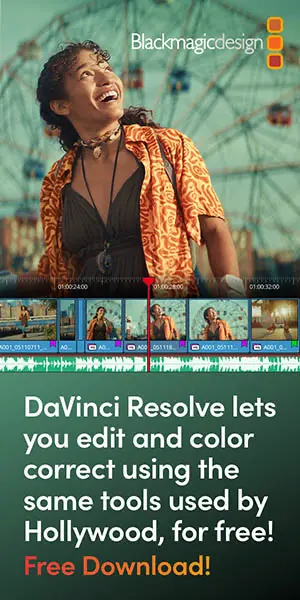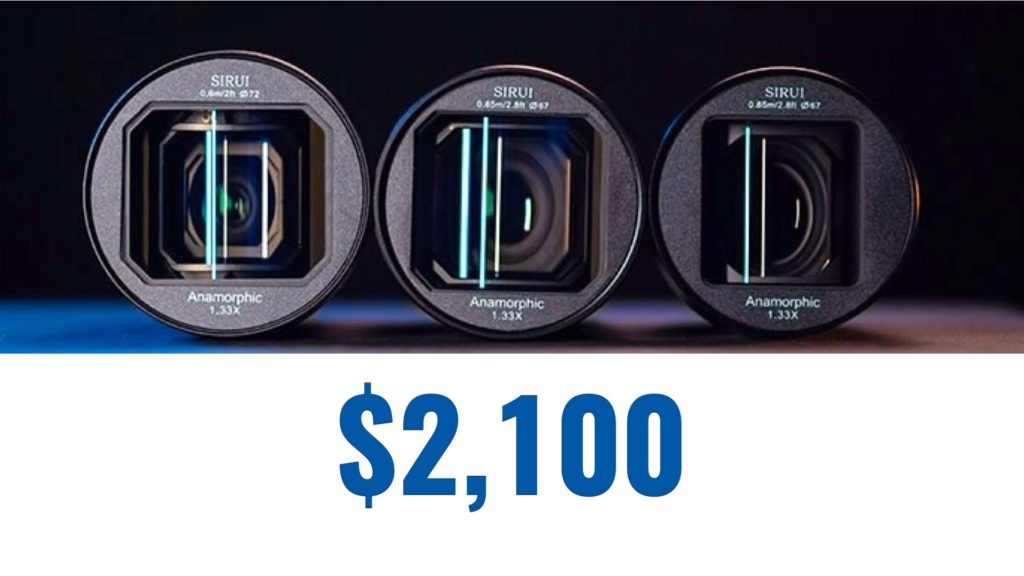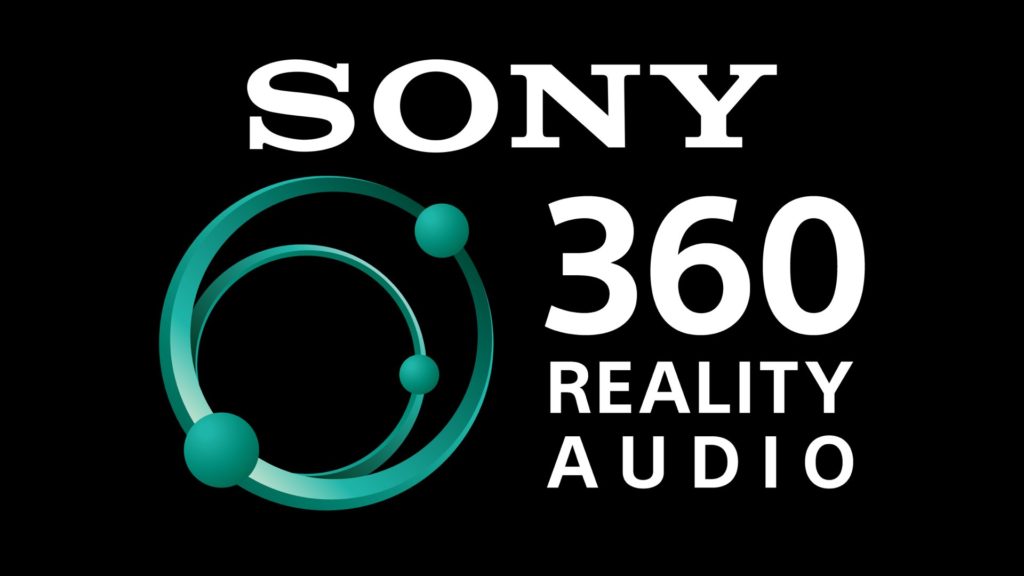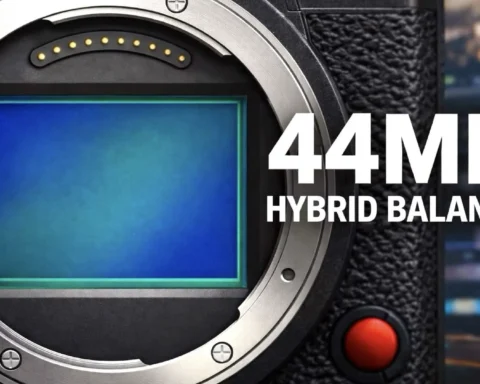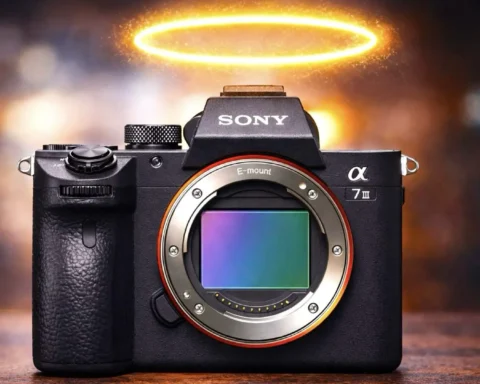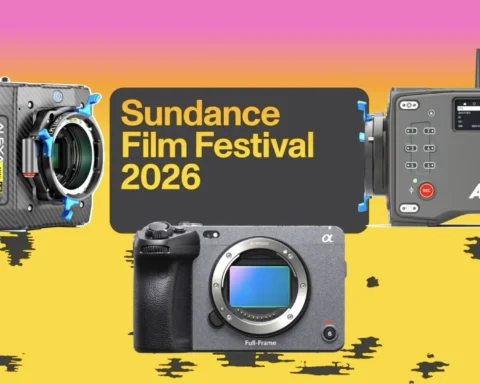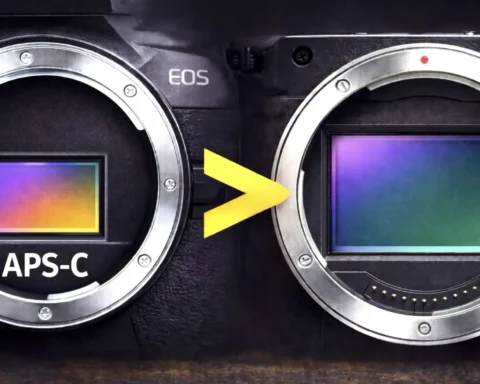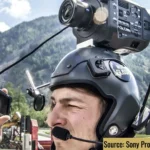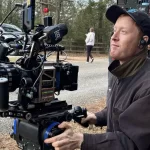As a part of our series, Women’s Cinema, we interviewed cinematographer and camera operator Emily (Em) Michelle Gonzales. In this inspiring session, Em sheds light on how’s like to work on a big scale high-end movie-set, and what’s the best starting point to pursue a career in filmmaking. Read on.
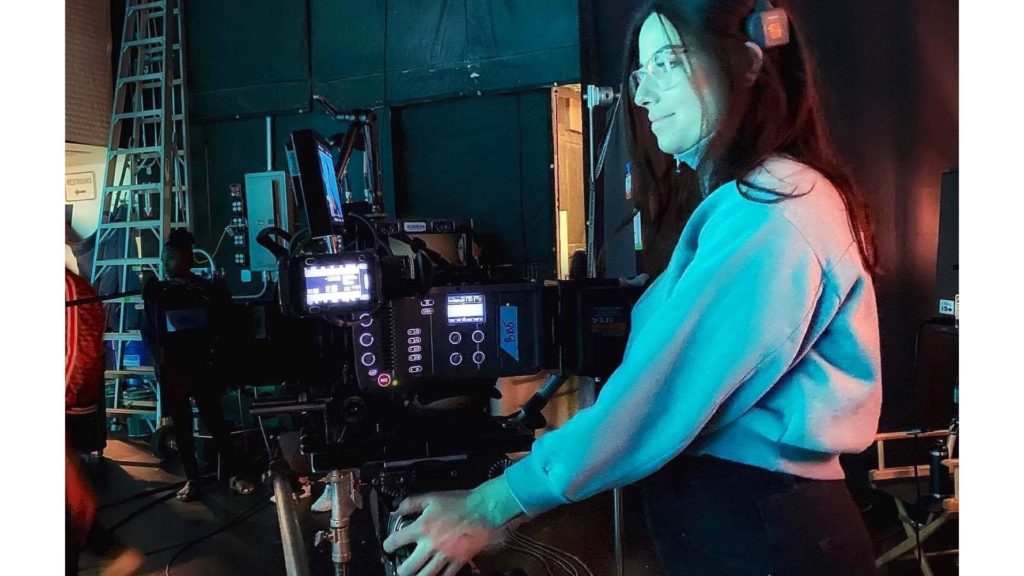
Women’s Cinema
Women’s Cinema is a new series by Y.M.Cinema Magazine with the goal of encouraging women to pursue after filmmaking career and to provide a stage for women in the content creation industry, regardless of their role on set. In the first part, we interviewed 1st AC Amanda Wojtaszek which has worked on films like “The Incredible Hulk”, “Workin’ Moms”, “Anne with an E”, “xXx: Return of Xander Cage”, “Suicide Squad” and many more. Read the interview here.
This time, we had the privilege of talking with cinematographer and camera operator Emily (Em) Michelle Gonzales. Em has worked on the set of Insecure, 911, Dreamland, Dolemite Is My Name, Wilmore, Top Gun: Maverick, and more. Em has some fascinating insights to say about women working in the film industry, and what’s the best way to climb this tough ladder.
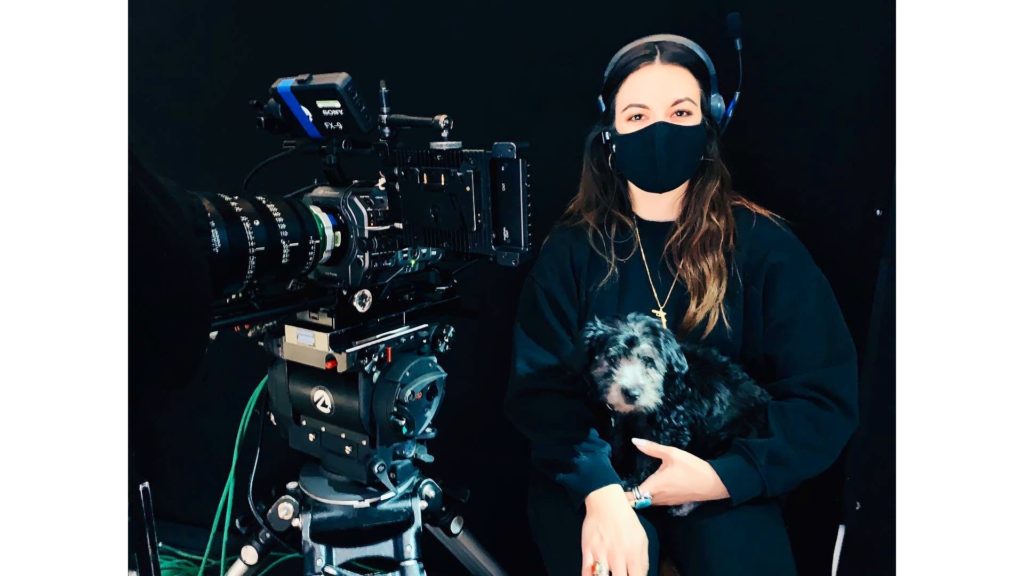
The passion for telling stories
Y.M.Cinema Magazine: Please tell us about yourself (short bio focusing on filmmaking career), and how did you choose filmmaking as a profession.
Em Michelle: I grew up in New Mexico and I got my first camera when I was 14. In college, an art history professor showed me that cinema not only shows us who we are but how to feel; and I think it was that definition of a modern film that planted the seed for my career. It’s true in studying history and observing the present day, that images have the power to resonant deeply and connect immediately. I wanted to be part of telling stories that shape our identities at this place and at this time.
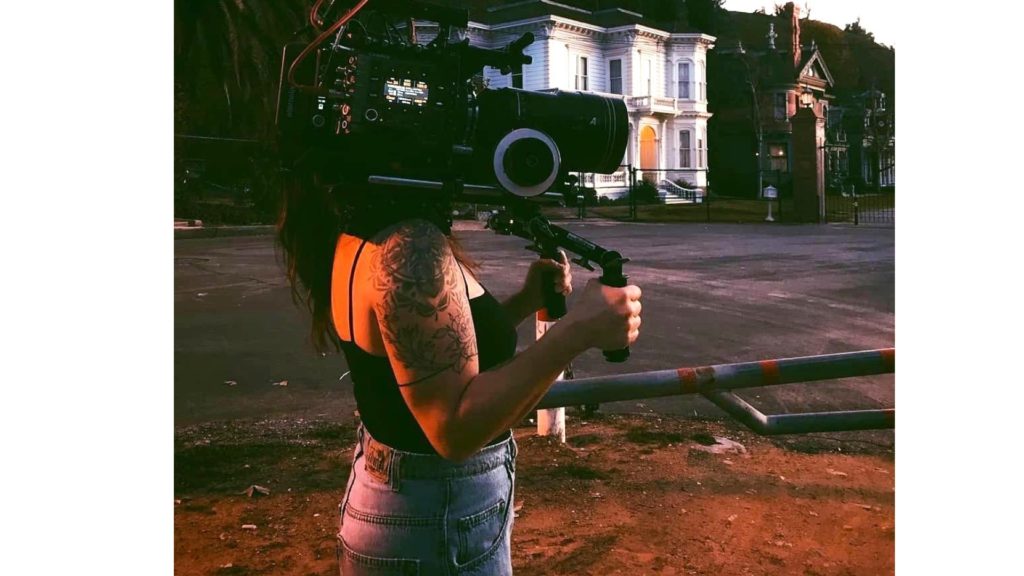
Nowadays with so much digital content being made, a lot of people jump to one position and stay there, but I’ve always wanted to be the person who understands and masters every single facet of the job.
Roles on a movie set
Y.M.Cinema Magazine: Describe your roles on the set. I saw that you have various roles (DP, camera operator, assistant, digital loader, etc). Do you have any preferred one?
Em Michelle: I took the more traditional path of working and learning my way up the ladder on union shows as well as on more independent indie projects. Nowadays with so much digital content being made, a lot of people jump to one position and stay there, but I’ve always wanted to be the person who understands and masters every single facet of the job. I’ve worked as a Camera p.a., Digital Utility, Digital Loader, 2nd AC, and 1st AC, Operator and DP. I love it when I can connect to the story and shape the emotion of the film through Operating and DPing, so that’s where my heart lies.
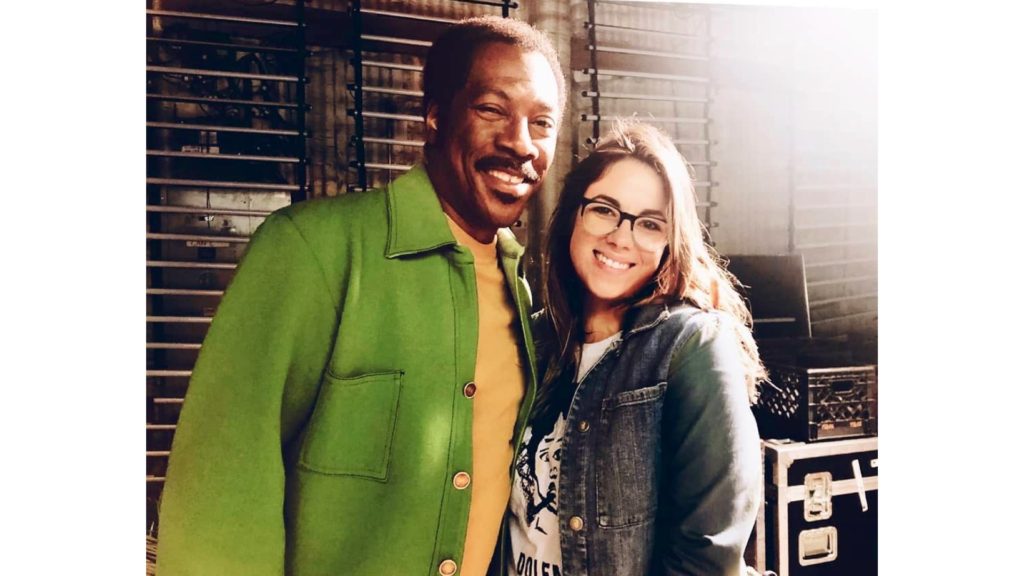
The biggest thing I’ve experienced is the level of professionalism on the larger sets. The willingness to go the extra mile and be prepared for every situation is something I admire from high budget camera teams.
Mega budget project vs. indie filmmaking
Y.M.Cinema Magazine: What’re the main differences when working in mega-budget films (like Top Gun: Maverick) compared to indie music videos?
Em Michelle: There’s a lot of differences but at the same time no difference. The biggest thing I’ve experienced is the level of professionalism on the larger sets. The willingness to go the extra mile and be prepared for every situation is something I admire from high budget camera teams. So even when I’m on a smaller team, I always want to emulate that success and try to demonstrate those practices, no matter if I’m shooting a low-budget short film or a big named blockbuster movie.
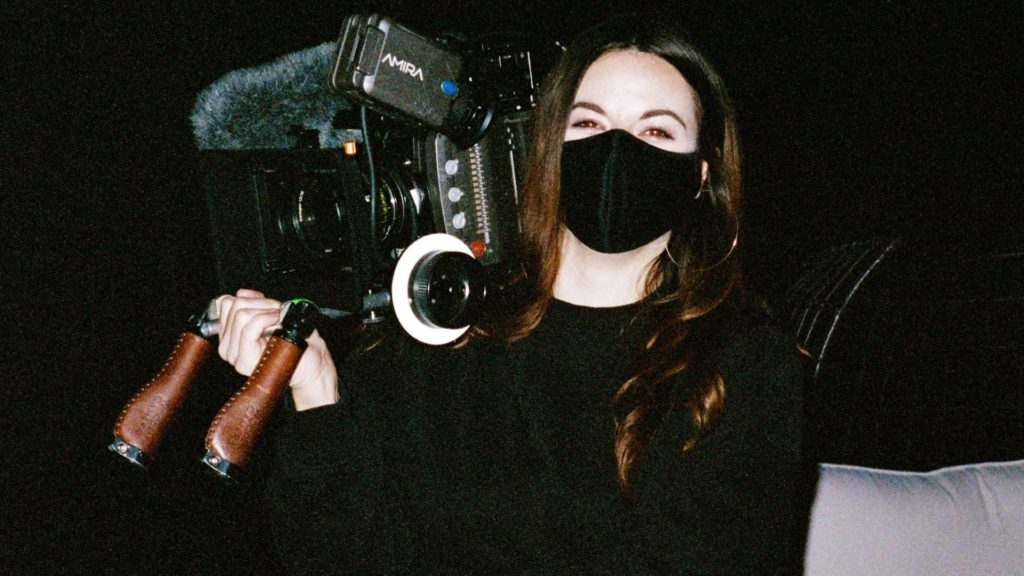
I was 24 when I first started working on big-budget movies and tv shows, and I wanted to prove that I could handle the “toughness” of a set.
Breaking the glass ceiling
Y.M.Cinema Magazine: What’s it like to work in a professional environment dominated by men? As the majority of the filmmaking industry are men, do you feel that you have a glass ceiling above you?
Em Michelle: I’ve seen it change quite a bit in the last several years. During my first few years, I experienced some form of harassment on almost every set. Now it’s rare for me to experience those same things when I’m filming. But mostly I am no longer afraid to report it. I know now that inappropriate behaviors at work are a reflection of that person and not that of me. Reporting these things isn’t even about me, it’s about future filmmakers that deserve to not have that happen to them.
I was 24 when I first started working on big-budget movies and tv shows, and I wanted to prove that I could handle the “toughness” of a set. Now I believe that I deserve, as does everyone, a safe place to work. There were instances when I felt in real physical danger, so reporting dangerous and harassing behaviors is important to do when they happen. It helps to create a work environment where everyone has a chance to show up and perform their job with respect and regard to safety.
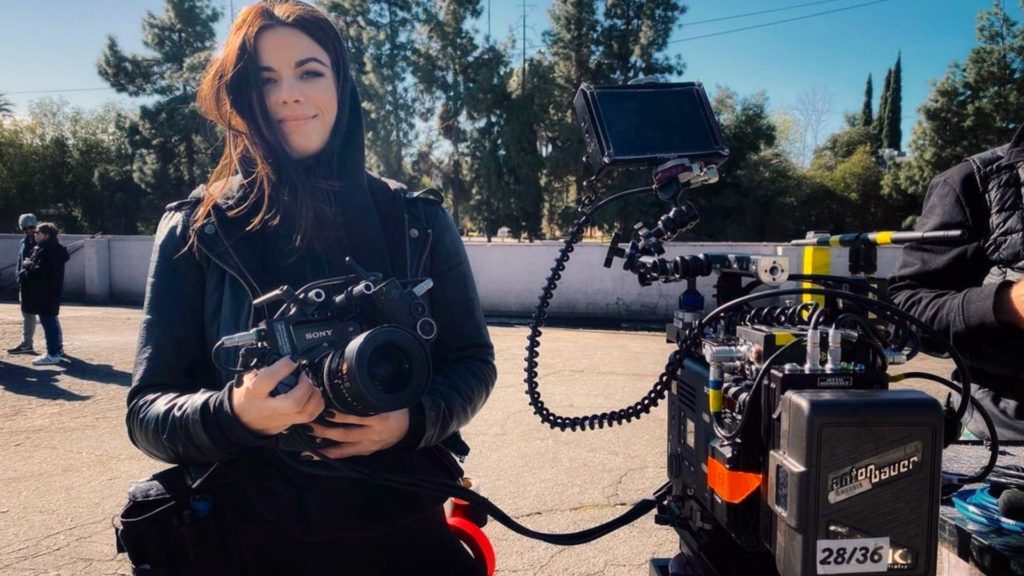
As a woman in a male majority industry, I will be damned if I let a sleazy comment or unwanted action take away my voice or my place in cinema.
As a woman in a male majority industry, I will be damned if I let a sleazy comment or unwanted action take away my voice or my place in cinema. Small, repeated slights against women are eroding to your energy, and can often push women out of the industry, but it’s not just about harassment. Every female DP and Operator I know has had producers or department heads doubt their skills despite their experience.
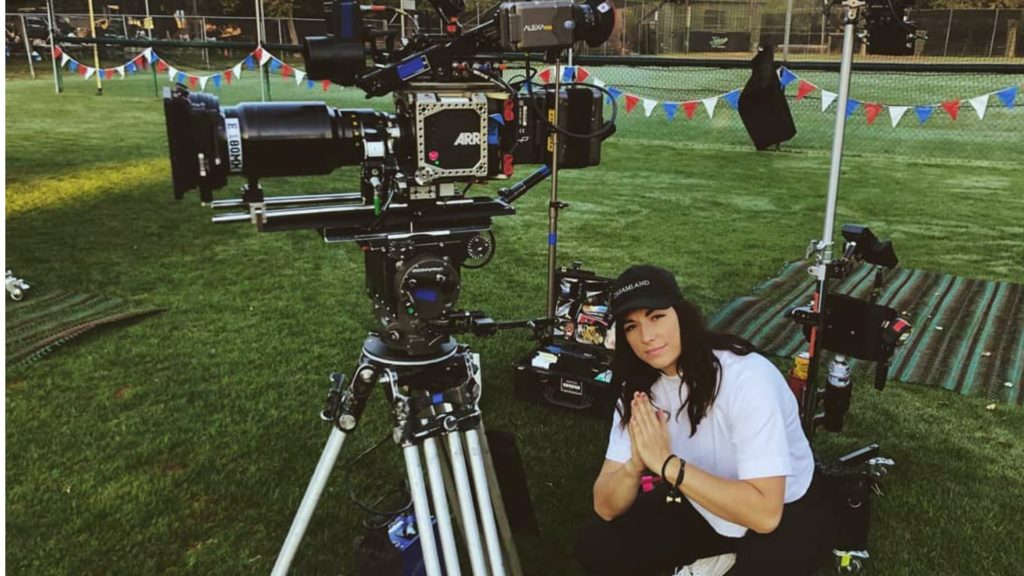
By embracing and valuing my own strengths and unique qualities, I find that I feel more comfortable with myself, and am then able to do my best work.
Making the climb
Y.M.Cinema Magazine: Do you feel that you have to try harder as a female filmmaker in order to make a climb in the industry?
Em Michelle: You must protect your sense of self and nurture your focus. I work hard to surround myself with the right people. I’ve learned how to better say no, and how to advocate for myself. I also regularly practice setting boundaries and I’ve learned when to walk away. It may sound obvious, but I’ve also come to realize that I don’t have to act like the men I work with in order to be taken seriously. By embracing and valuing my own strengths and unique qualities, I find that I feel more comfortable with myself, and am then able to do my best work. I’m not distracted by feeling like I need to be someone that I’m not, and I focus on making the film as best as it can be.
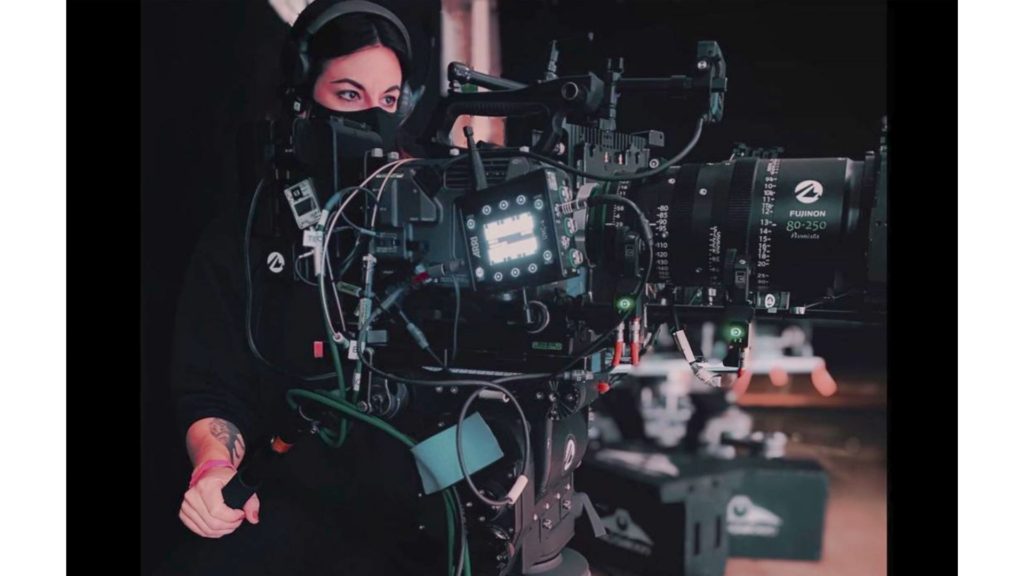
Support women and BIPOC filmmakers. Make allies and build your community. Working in the film industry isn’t easy no matter who you are.
Tips for other women
Y.M.Cinema Magazine: Do you recommend other women to pursue a filmmaking career? If so, what’re your tips and tricks to do so.
Em Michelle: Yes! It should go without saying, but support women and BIPOC filmmakers. Make allies and build your community. Working in the film industry isn’t easy no matter who you are. We all experience different challenges, but you’re not alone.
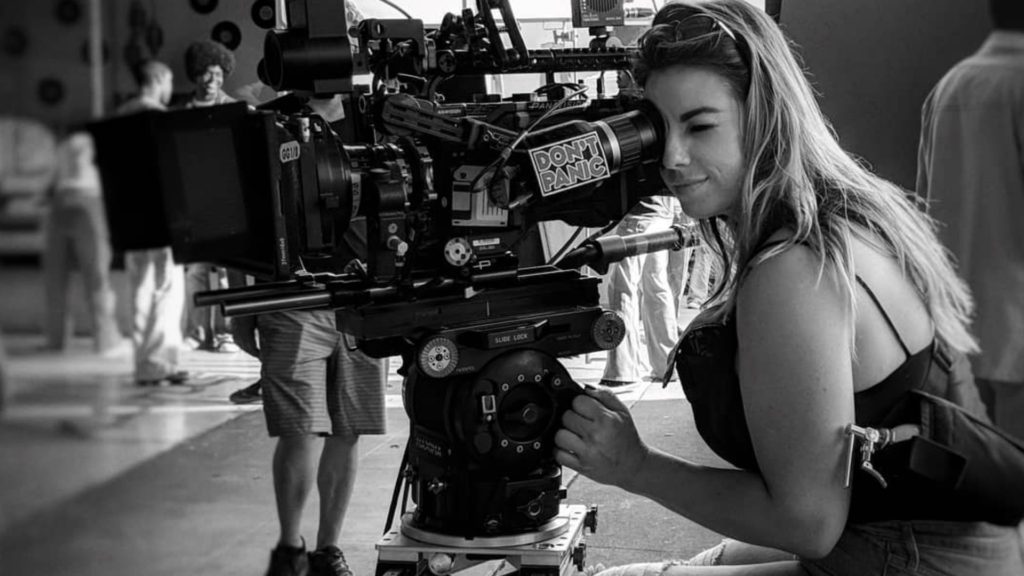
We all experience different challenges, but you’re not alone.
Final thoughts
Y.M.Cinema Magazine: Anything to add?
Em Michelle:
- Cinema has the power to change the world.
- Point the camera with intention.
- You do not have to stay in the lines, there were never any lines, to begin with.

